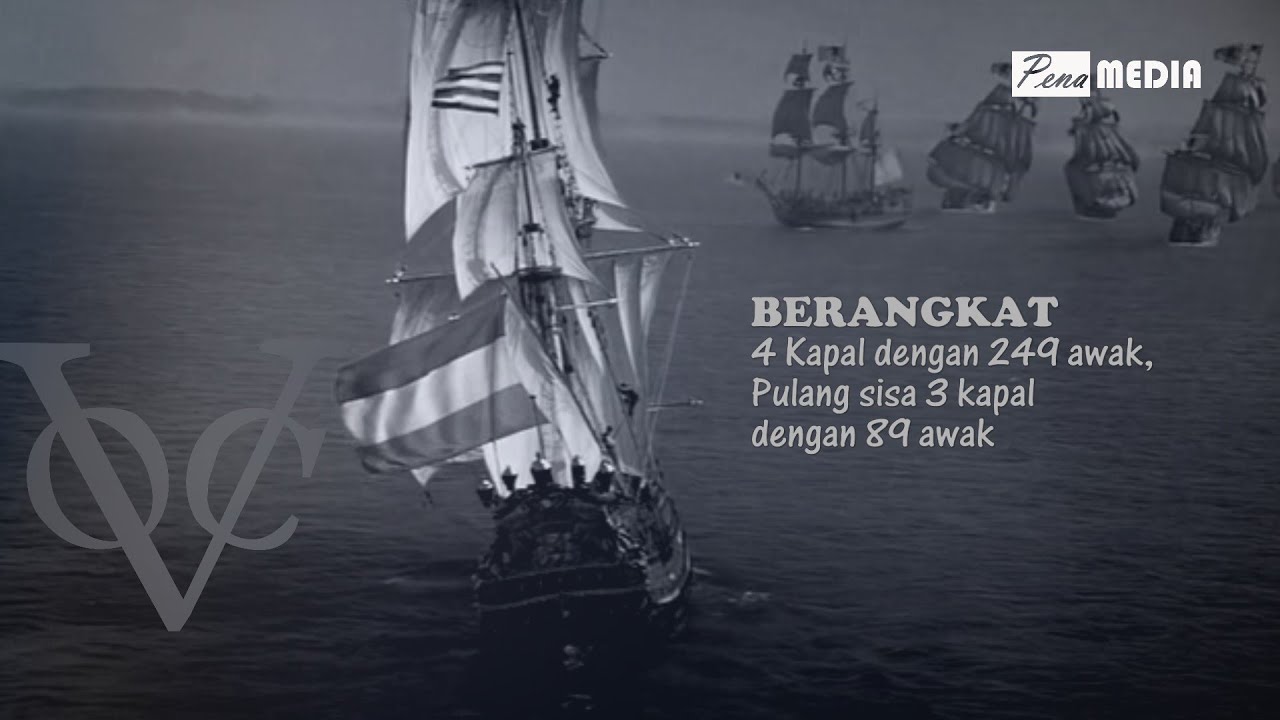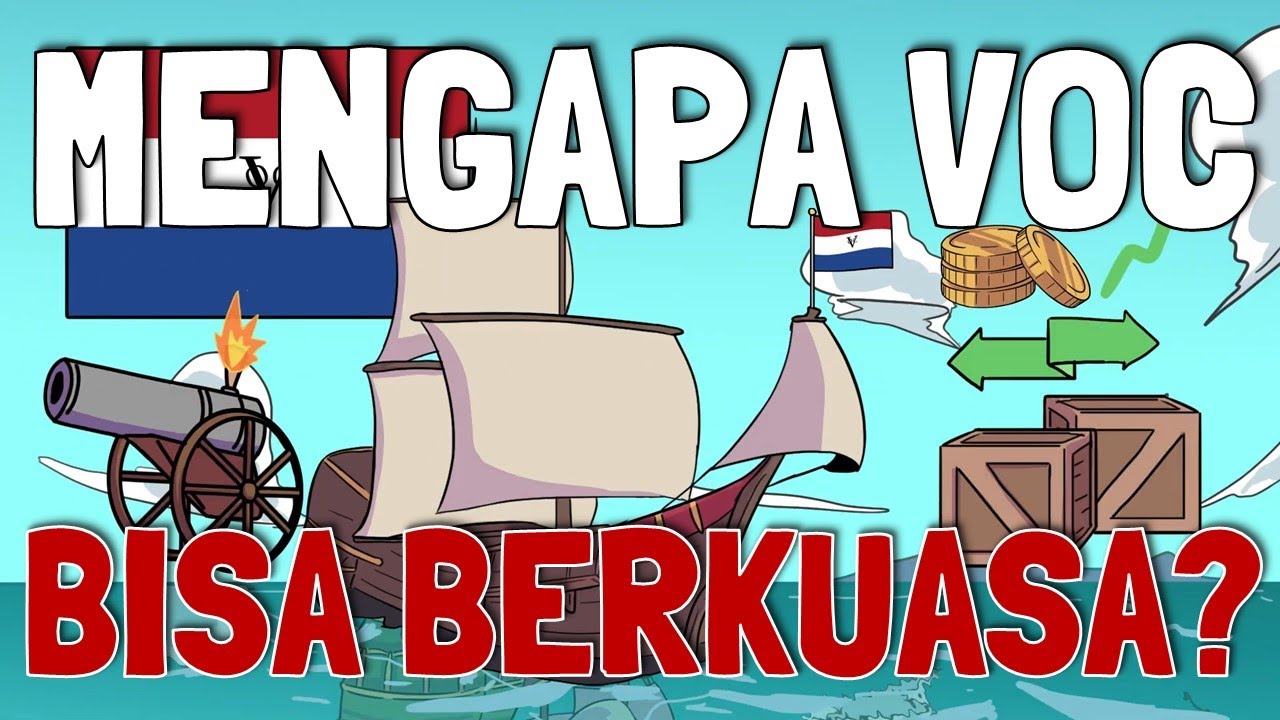Cara MemBUNUH Korupsi #RevolusiLokal
Summary
TLDRThe video explores the deep-rooted issue of corruption in Indonesia, tracing its origins from the colonial era with the Dutch East India Company (VOC) to the authoritarian regime of Soeharto. It highlights how corruption has become ingrained in the country’s culture and political system, continuing to affect the nation today. The video identifies four main reasons for ongoing corruption—greed, systemic flaws, weak law enforcement, and social pressures. It calls for a collective effort from both the government and citizens, urging awareness, transparency, and strict anti-corruption measures to build a better future for Indonesia.
Takeaways
- 😀 Corruption is a toxic force that hampers a country's progress and must be eradicated from its roots.
- 😀 The Corruption Perception Index (CPI) is used globally to rank countries based on corruption levels, with 0 being the most corrupt and 100 the least.
- 😀 Indonesia's CPI score is 34, which is lower than the world average of 43, marking the country as below average in terms of corruption levels.
- 😀 The historical roots of corruption in Indonesia trace back to the era of VOC (Dutch East India Company), where bribery, buying positions, and rewarding superior officers created a corrupt system that ultimately led to VOC's downfall.
- 😀 The corrupt culture established during VOC's rule in Indonesia contributed to long-term systemic corruption, affecting the country's development and leading to its eventual collapse.
- 😀 In the 1990s, under President Suharto's rule, Indonesia was labeled the most corrupt country in the world, with severe corruption scandals causing economic losses of nearly IDR 400 trillion.
- 😀 Corruption is perpetuated in Indonesia due to greed, system flaws that allow for exploitation, weak law enforcement, and social pressures that incentivize illegal practices.
- 😀 A lack of transparency, high political costs, and poor recruitment systems in Indonesia's government create significant loopholes for corruption.
- 😀 In comparison, countries like Denmark and Singapore have succeeded in maintaining low corruption levels through strong government transparency, effective anti-corruption institutions, and rigorous legal enforcement.
- 😀 The fight against corruption in Indonesia requires strong cultural, systemic, and legal reforms, along with continued public awareness and education efforts to combat this deep-rooted issue.
Q & A
Why did Indonesia once hold the title of the most corrupt country in the world?
-Indonesia was once ranked the most corrupt country globally due to historical factors, including the actions of colonial companies like the VOC, which established a culture of bribery, exploitation, and corruption in the country. The situation worsened during the regime of President Soeharto, whose administration was marred by corruption scandals.
What is the Corruption Perception Index (CPI)?
-The Corruption Perception Index (CPI) is a measure used to assess the level of corruption within a country. The index is scored from 0 to 100, where 0 represents the most corrupt nation and 100 represents the least corrupt. Indonesia's score is around 34, which is below the global average.
How did the VOC contribute to the development of corruption in Indonesia?
-The VOC (Dutch East India Company) was one of the world's largest trading companies during the colonial era. In their pursuit of control over Indonesia's spice trade, VOC officers engaged in bribery, buying positions, and gifting money from subordinates to superiors. This culture of corruption became ingrained in Indonesia and contributed to the downfall of the company itself.
What was the impact of Soeharto's presidency on corruption in Indonesia?
-Soeharto's regime, which lasted for 32 years, was infamous for widespread corruption. Transparency International labeled him as one of the most corrupt leaders globally. His government was involved in massive financial scandals, including embezzlement of funds from reforestation projects and infrastructure initiatives, resulting in billions of dollars in losses.
What role did the KPK (Corruption Eradication Commission) play in Indonesia's fight against corruption?
-The KPK was established to combat corruption in Indonesia, and while it has achieved significant successes, it has faced opposition from some political figures. Despite this, it remains an important tool in exposing and prosecuting corrupt practices within the government.
Why does corruption persist in Indonesia despite ongoing efforts to fight it?
-Corruption in Indonesia persists due to factors such as greed, systemic weaknesses, ineffective law enforcement, and social pressures. The large gap between the wealthy and the poor creates opportunities for corruption, and there are often loopholes in the system that enable individuals in power to misuse public funds.
How do Indonesia's system and transparency issues contribute to corruption?
-Indonesia's government system has significant transparency issues and complex bureaucratic processes. This creates opportunities for corruption, such as misuse of budgets, lack of accountability, and inadequate monitoring of public funds. The political system's high costs and the recruitment of government officials often create environments where corruption can thrive.
How does the legal system in Indonesia differ from that of Singapore in terms of addressing corruption?
-Indonesia's legal system is often seen as less strict than Singapore's. While Indonesia has laws against corruption, wealthy individuals with good lawyers can sometimes avoid severe punishment. In contrast, Singapore has a more rigorous legal framework, ensuring that corruption cases are prosecuted effectively, with harsher penalties.
What are some of the societal pressures contributing to corruption in Indonesia?
-Social pressures, such as the need to maintain a certain standard of living or to achieve economic success despite limited opportunities, contribute to corruption in Indonesia. According to Merton's Theory, when people feel societal barriers to achieving economic success, they may resort to corrupt practices to attain their goals.
What can Indonesia learn from countries like Denmark and Singapore in terms of fighting corruption?
-Indonesia can learn from Denmark and Singapore's strong anti-corruption frameworks. Both countries have transparent and accountable governments, a robust anti-corruption culture, and effective enforcement agencies. By strengthening transparency, accountability, and legal enforcement, Indonesia could reduce corruption and promote economic growth.
Outlines

Dieser Bereich ist nur für Premium-Benutzer verfügbar. Bitte führen Sie ein Upgrade durch, um auf diesen Abschnitt zuzugreifen.
Upgrade durchführenMindmap

Dieser Bereich ist nur für Premium-Benutzer verfügbar. Bitte führen Sie ein Upgrade durch, um auf diesen Abschnitt zuzugreifen.
Upgrade durchführenKeywords

Dieser Bereich ist nur für Premium-Benutzer verfügbar. Bitte führen Sie ein Upgrade durch, um auf diesen Abschnitt zuzugreifen.
Upgrade durchführenHighlights

Dieser Bereich ist nur für Premium-Benutzer verfügbar. Bitte führen Sie ein Upgrade durch, um auf diesen Abschnitt zuzugreifen.
Upgrade durchführenTranscripts

Dieser Bereich ist nur für Premium-Benutzer verfügbar. Bitte führen Sie ein Upgrade durch, um auf diesen Abschnitt zuzugreifen.
Upgrade durchführen5.0 / 5 (0 votes)






